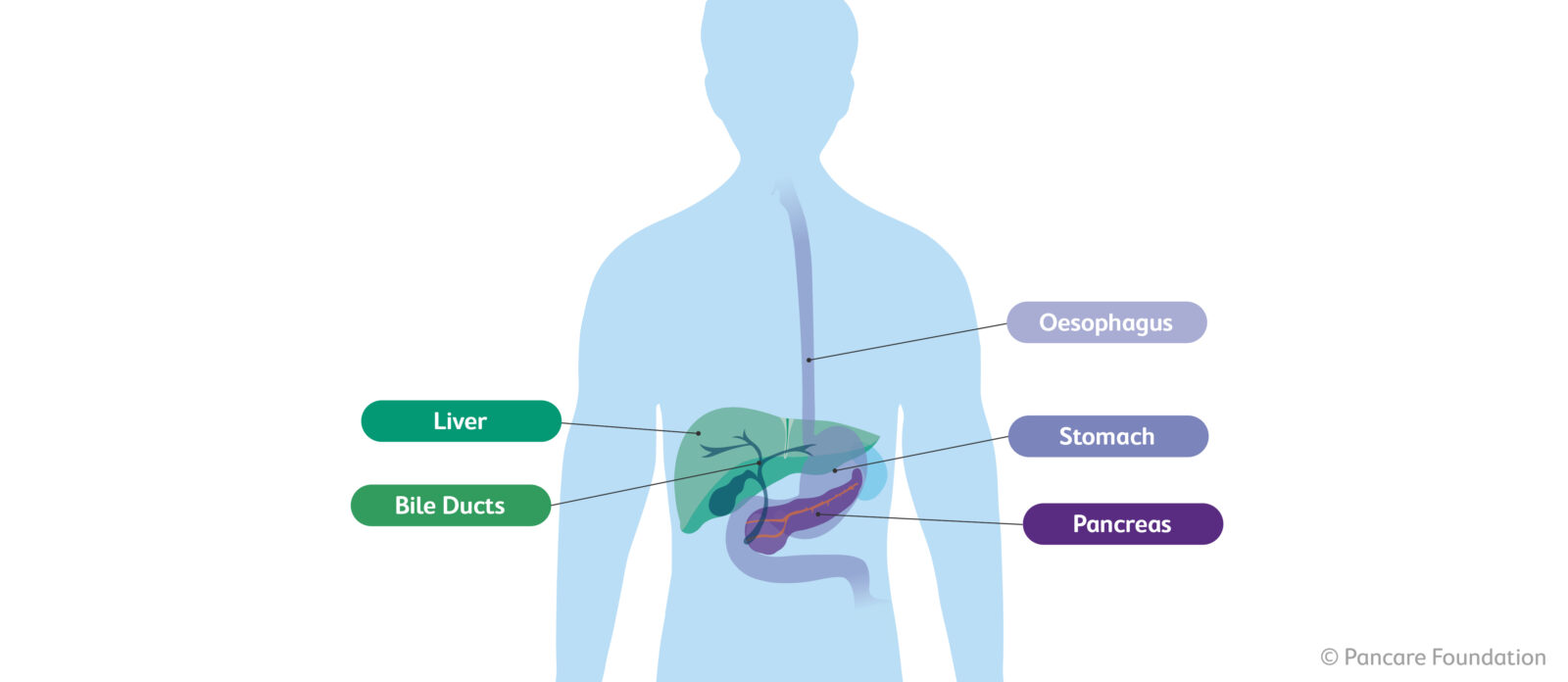Understanding cancer
Cancer is a disease of the cells in the body. Cells are the body’s basic building blocks, and cancer occurs when abnormal cells grow in an uncontrolled way. The abnormal cells can grow in ways that damage or invade the surrounding tissues or spread to other parts of the body.
Most cancers start in a particular organ; this is called the primary site or primary tumour. Tumours can be benign (not cancer) or malignant (cancer).
- Benign tumours consist of non-cancerous cells and do not spread outside their normal boundary to other parts of the body. Some benign tumours are pre-cancerous, meaning that they may lead to cancer if left untreated, but other benign tumours do not develop into cancer. Benign tumours can grow in their original location to a size where it presses on and causes damage to nearby organs.
- A malignant tumour consists of cancer cells. At first, this malignant tumour may be confined to its original site, called a cancer (or carcinoma) in situ. If these cells are not treated or removed surgically, they may spread beyond their normal boundaries and into surrounding tissues, becoming invasive cancer.
Cancer cells sometimes move from the primary tumour, enter the bloodstream or lymphatic system and travel to a new organ to form secondary tumours. This is called metastasis.
Many different types of cancer can occur, and usually they are named for the organ or cell type of the primary cancer.
What are upper gastrointestinal cancers?
Upper gastrointestinal cancer is a term for the group of cancers that affect the upper digestive system. They include the pancreas, liver, stomach, bile ducts and oesophagus.

Each of these organs plays a vital role in digesting food and fluid, processing nutrients, absorbing energy, regulating blood sugar and filtering waste before passing through to the lower gastrointestinal tract.
Learn more about the different types of upper gastrointestinal cancer:
> Pancreatic cancer
> Liver cancer
> Stomach cancer
> Biliary cancer
> Oesophageal cancer





